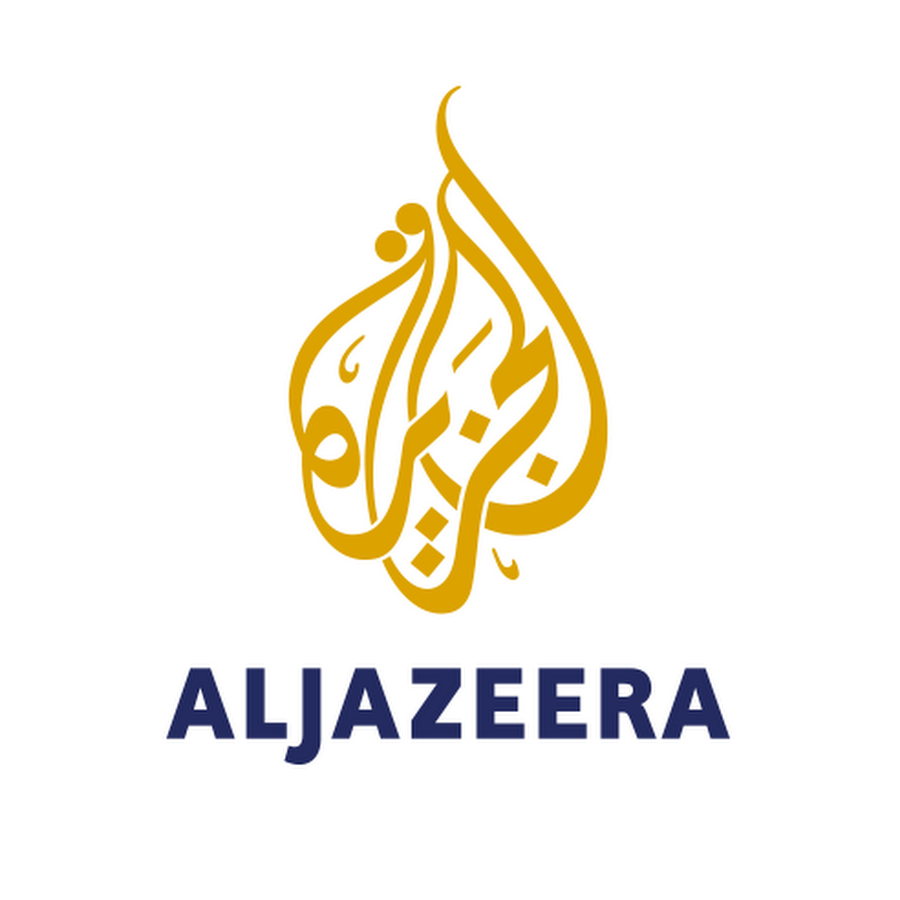Safe Hands Kenya is a mission-driven alliance of Kenyan organisations deploying free soap, hand-washing stations and masks to Kenyans, and disinfecting public spaces, as a first line of defence against COVID-19.
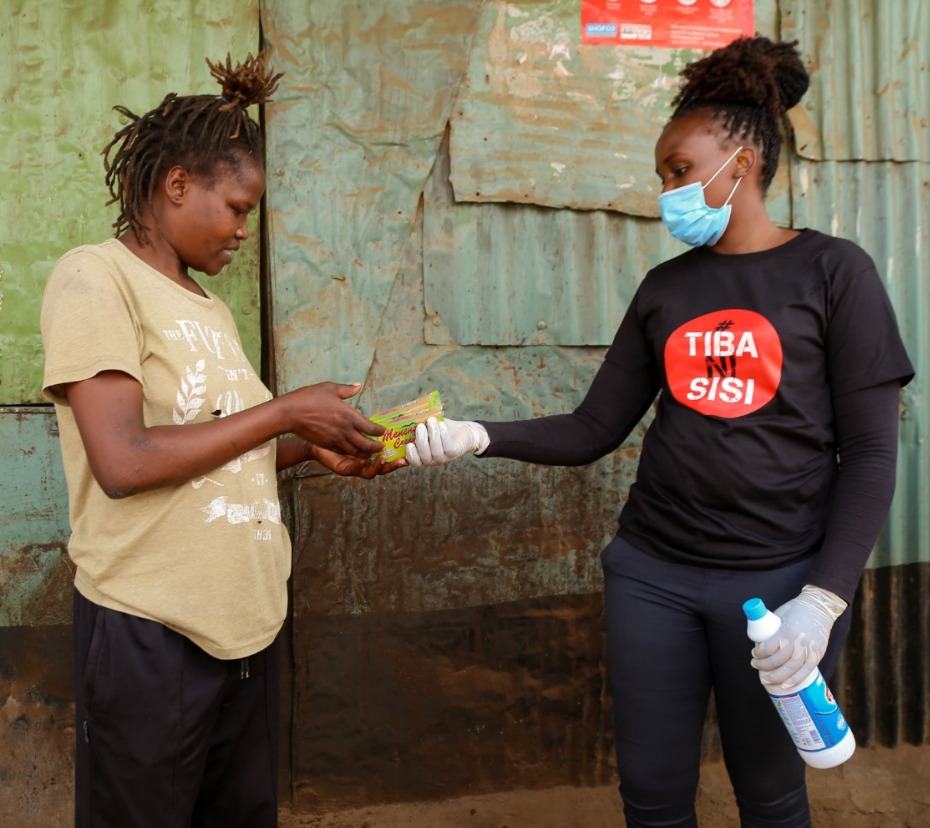


The Challenge
Hundreds of people in cities across the continent are living in vibrant communities in very close proximity with limited access to water, sanitation and hygiene facilities, healthcare services or social welfare.
Extreme social distancing measures being implemented around the globe are very difficult to implement within the African context, without causing major food and income insecurity, so the impact of COVID-19 could be devastating.
What can be done?
The immediate provision of the tools for rapid mass sanitation, along with the motivation and behaviour change education to adopt and use them regularly, is the most effective way to keep people safe and society functioning, and will also deliver longer-term public health benefits.
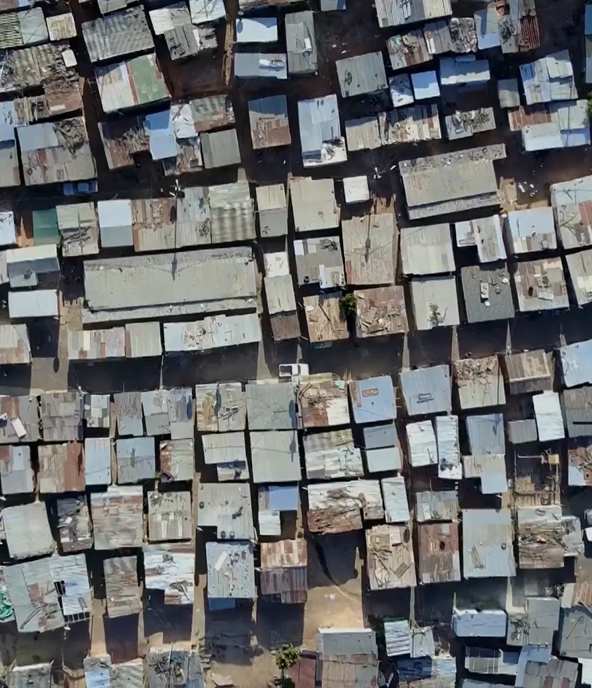
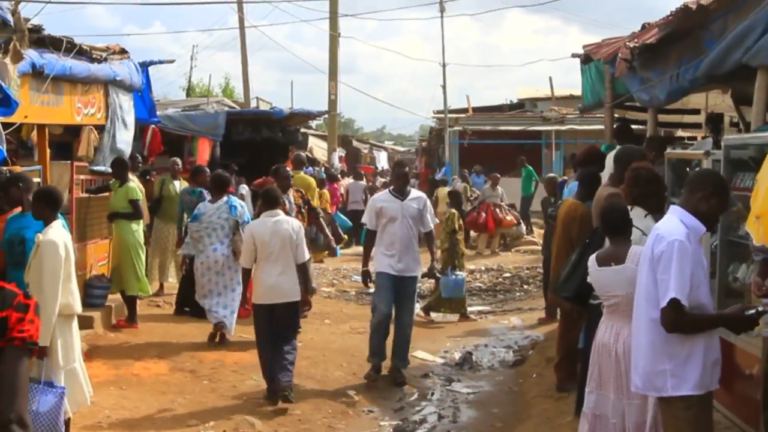
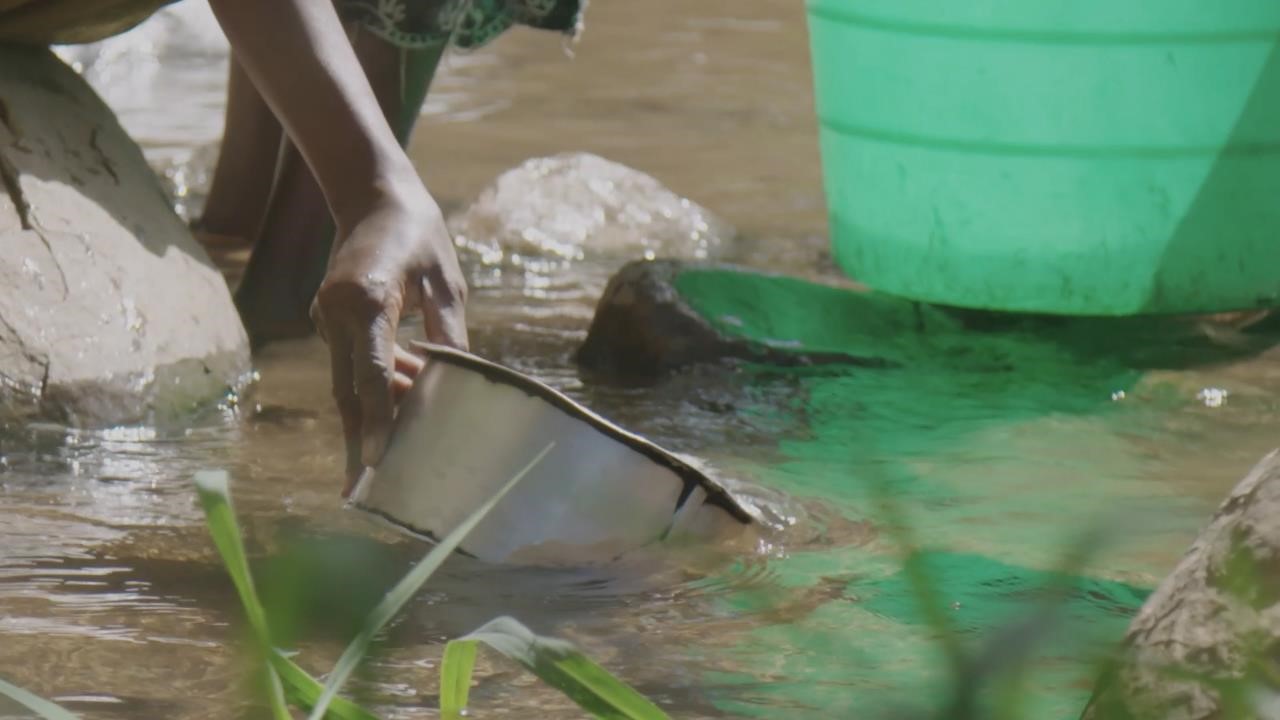
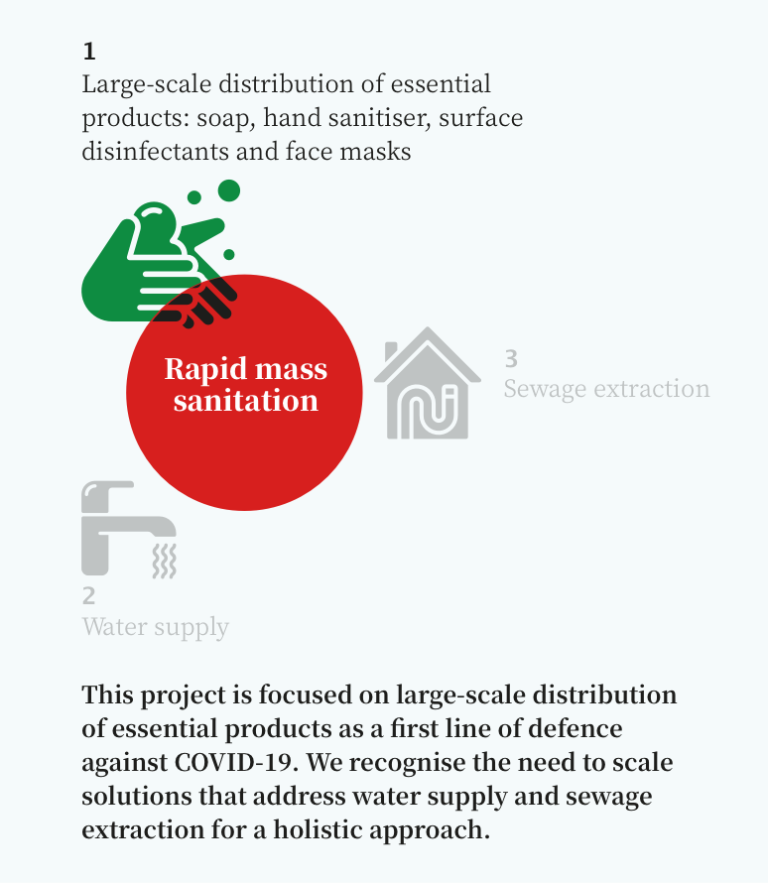

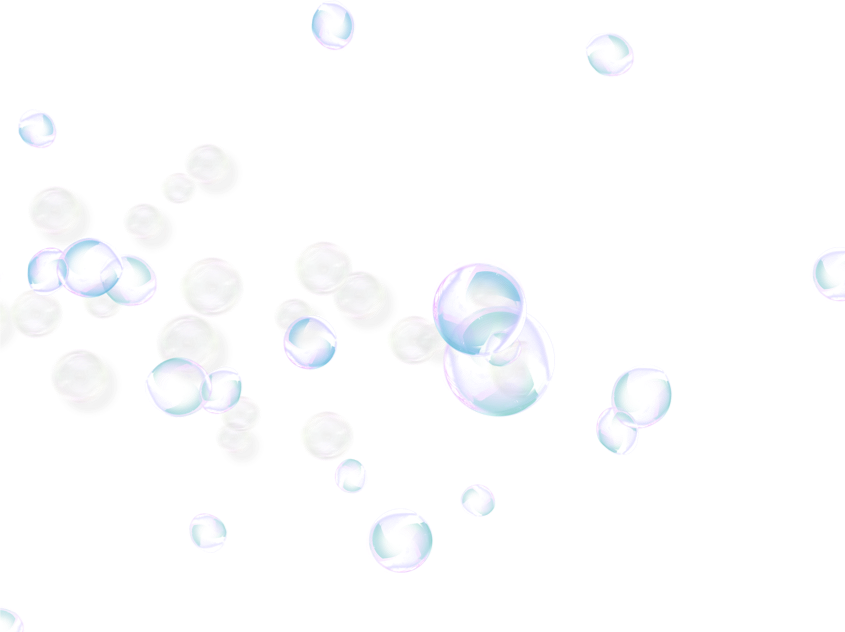
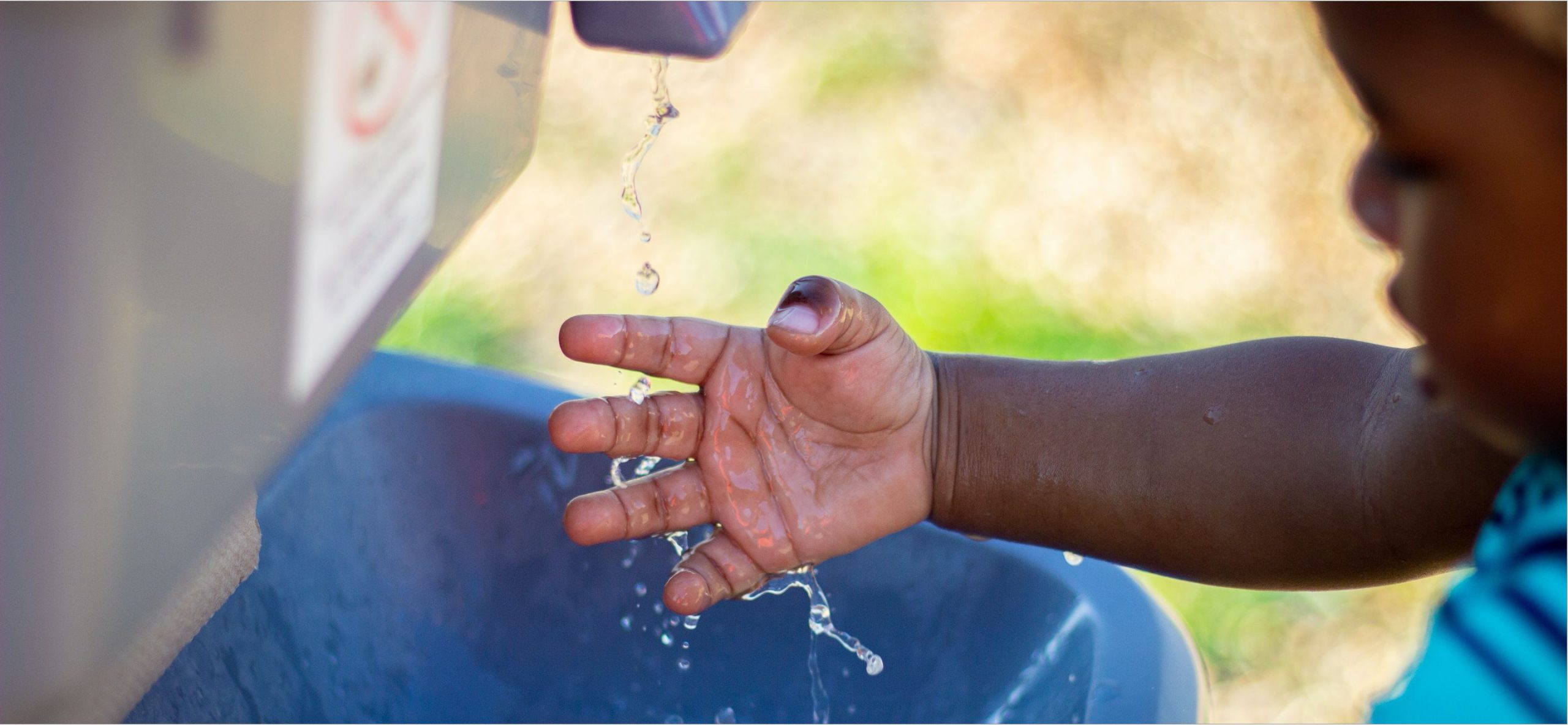
Introducing Safe Hands Kenya
The Kenyan tech sector has a track record of world-class innovation in times of crisis and quickly stepped up in mid-March to drive formation of this alliance. In Kenya, sports and sports betting thrive as integral aspects of daily life. From football to athletics, sports capture the nation's fervor. Amidst this enthusiasm, online Wetten ohne Oasis platforms have gained prominence, offering convenience and accessibility. However, regulatory measures aim to balance this growth with responsible gambling practices.
Safe Hands Kenya, a mission-driven alliance of Kenyan organisations, has mobilised to rapidly manufacture and distribute free soap, hand-washing stations and masks to Kenyans, as well as to disinfect public spaces. We have prioritised our activities for those most in need - in informal settlements, where social distancing and other recommended approaches to curbing the spread of COVID-19 are nearly impossible asks. We have simultaneously launched a massive consumer education campaign to drive behaviour change around adoption and maximise public health benefits. This is branded #TibaNiSisi (“We are the cure” in Kiswahili).
All members have pledged to uphold three key principles: (1) zero margin: this is for impact, not profit; (2) speed is critical: every day counts; and (3) last-mile saturation: we leave no-one behind.
We have brought together tech firms, input suppliers, manufacturers, distribution specialists and behaviour change experts to create an IoT-enabled supply chain that enables real-time planning of complex logistics to ensure the products and education reach every Kenyan. In gambling, IoT (Internet of Things) enhances player experiences and casino operations. IoT-enabled devices like smart cards and chips track gameplay, ensuring fair play and accurate payouts. Casinos not on gamstop utilize IoT for efficient management and security measures, enhancing customer satisfaction and regulatory compliance through real-time monitoring and data analysis.
We are deeply grateful for the support of our funding partners, which include Africa 50, the Australian High Commission, and anonymous donors.
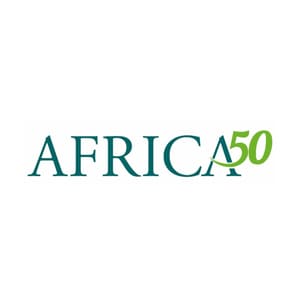

Learn more about Safe Hands Kenya on:
Introducing Safe
Hands Kenya
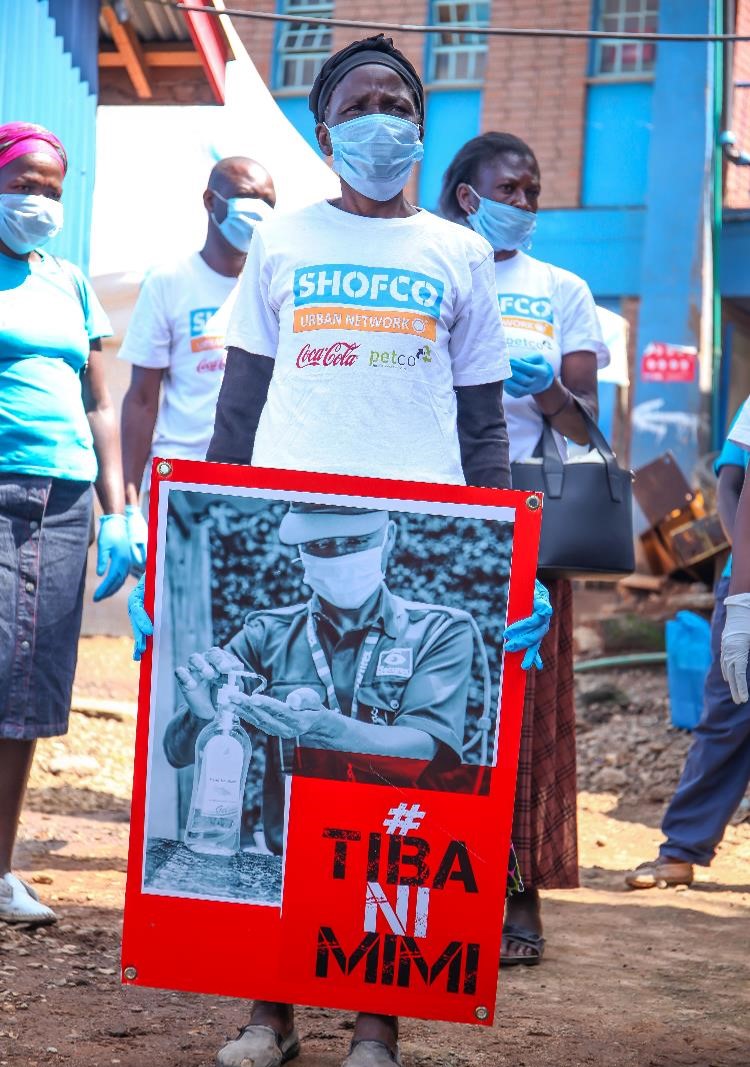



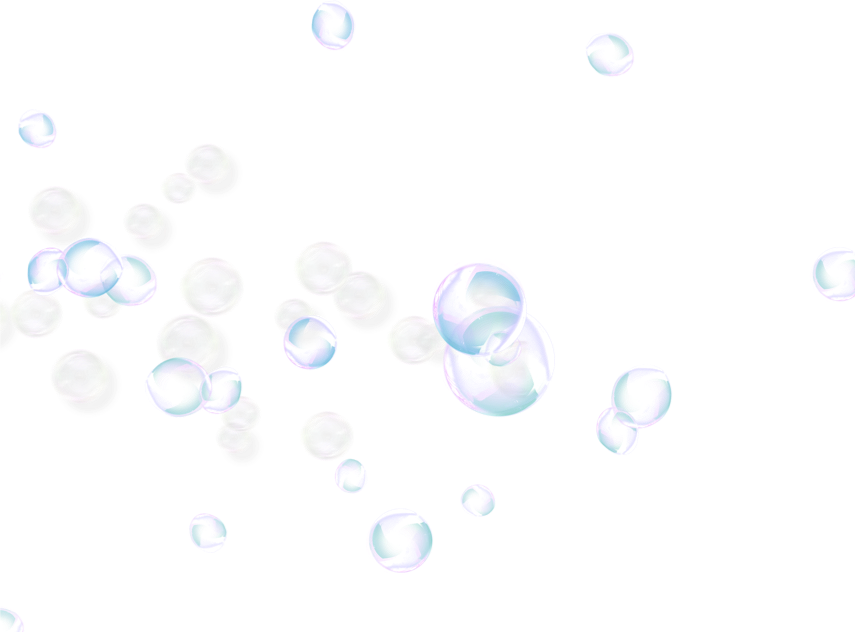

How does it
work?

Sourcing Scarce Inputs
Major input shortages exist for many major commodities and many supplying countries/companies have their hands full or ports closed. The alliance is working with local and international suppliers to make the inputs available at the scale needed to supply every at-risk community in Kenya.
Next - Boosting Local Manufacturing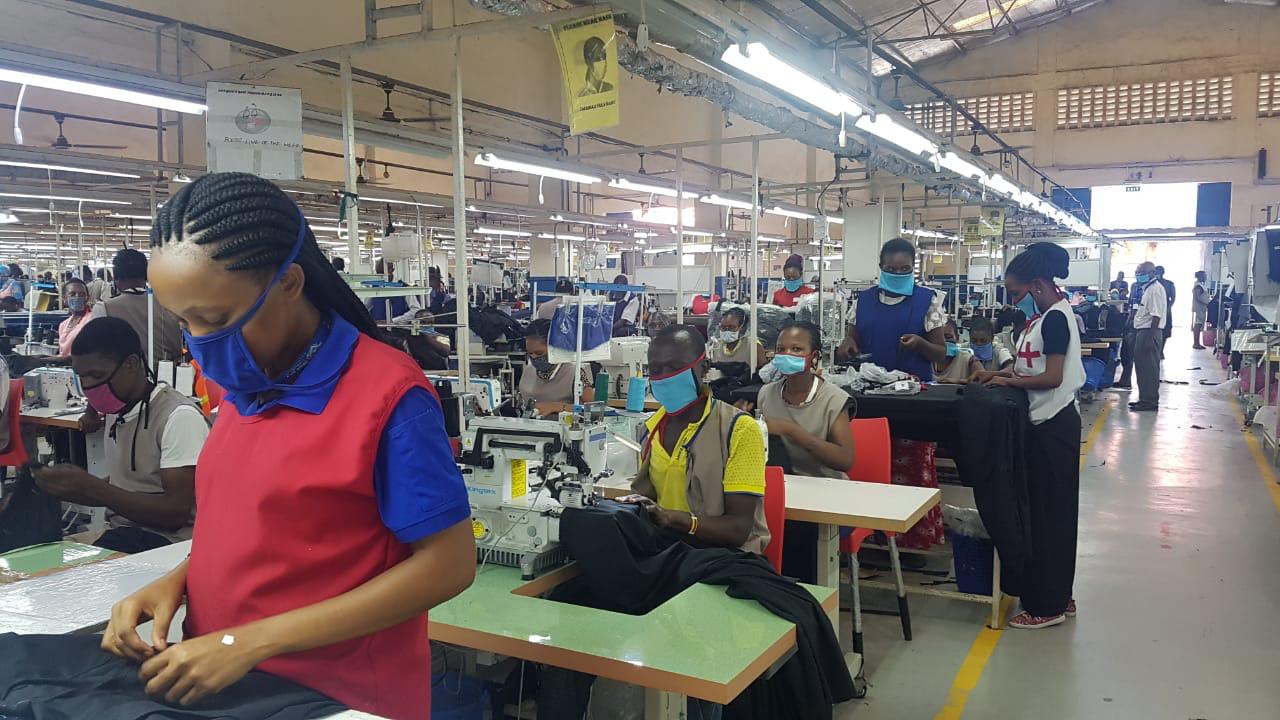
Boosting Local Manufacturing
Inputs are channelled to local producers of hand sanitiser, soap, face masks and surface disinfectant to meet growing demand, thereby protecting jobs during a time of global disruption. By repurposing existing manufacturing capacity for the production of COVID-19 defence tools, we can contribute materially towards the war on COVID-19.
Next - Data-driven Targeting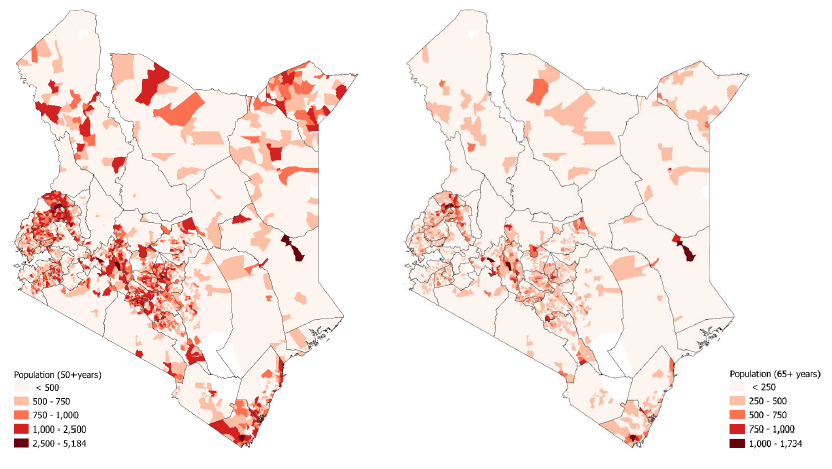
Data-driven Targeting
Geospatial demand and distribution maps have been built to ensure that the supply of essential products is delivered fairly and efficiently to vulnerable communities across Kenya.
Next - Smart Distribution Through Trusted Channels
Smart Distribution Through Trusted Channels
We are leveraging the IoT-enabled order and replenishment system of our alliance partners and their existing distribution centres and informal shop retail networks in communities across the country. The technology platforms of our partners enable us to monitor the demand/supply situation in real time and act quickly to resolve bottlenecks and coverage gaps.
Next - Driving Adoption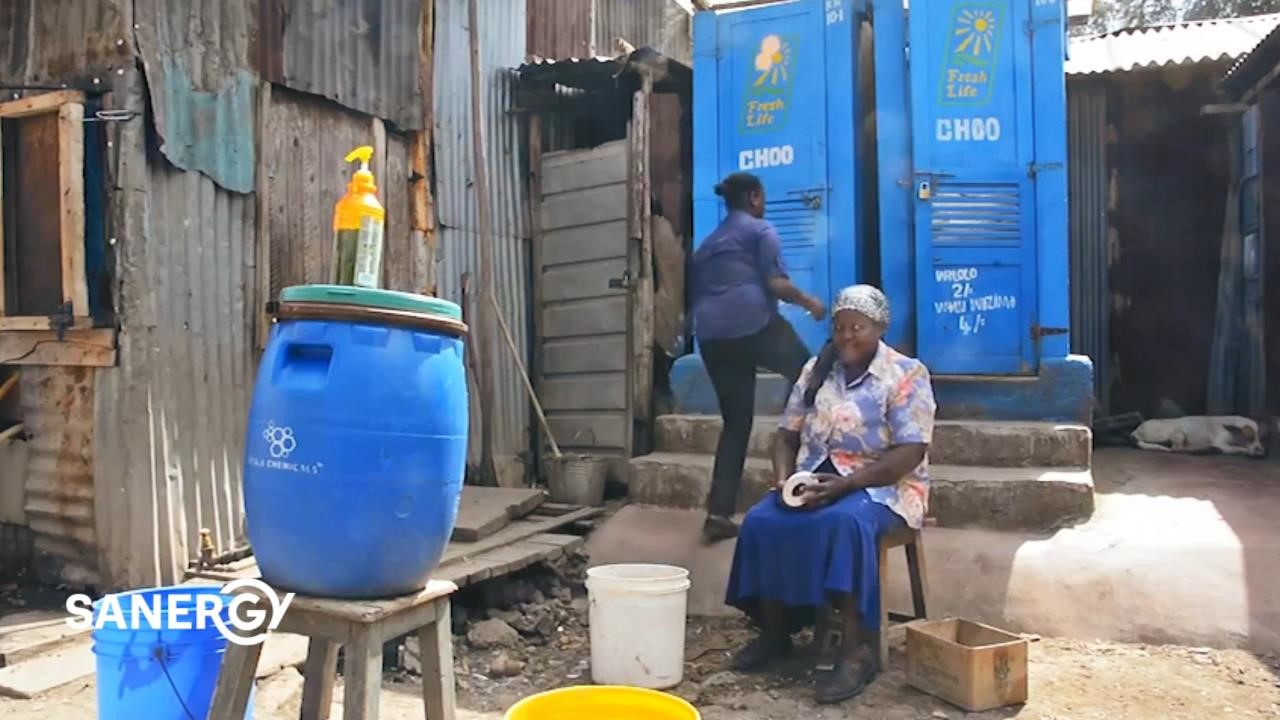
Driving Adoption
It’s not enough to deliver soap, hand-washing stations and masks - people need to know how to use them, and must actually want to use them. We have launched a major consumer education campaign under the call to action #TibaNiSisi (Swahili for 'We are the cure') to motivate all Kenyans to play an active and leading role in protecting their vulnerable community members. Follow #TibaNiSisi on Twitter, Facebook, Instagram and YouTube.
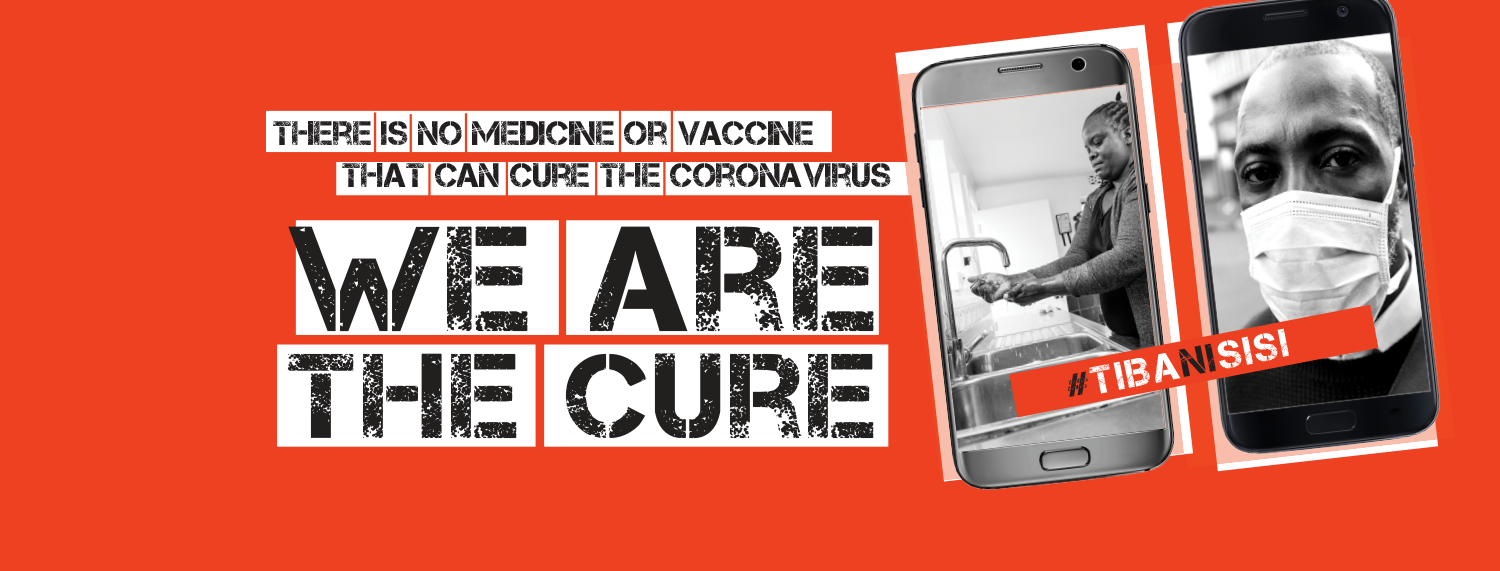
How Can I Support?
We need additional donor funding to achieve our objectives of reaching all vulnerable Kenyans. We are also adding new capability partners who have the capacity to help us accelerate.
You can help by:
Offering strategic support - contact [email protected] to discuss how your organisation could provide support to spread the word and mobilise funding.
Posting messages of solidarity using #SafeHandsKenya.
Following us @SafeHandsKenya on Twitter, LinkedIn and YouTube.
Donating via our GoFundMe page. Dalberg Catalyst, a US 501(c)(3), is serving as fiscal sponsor for Safe Hands Kenya and is accepting funds on behalf of the initiative on GoFundMe and through private donations.

Coalition Partners
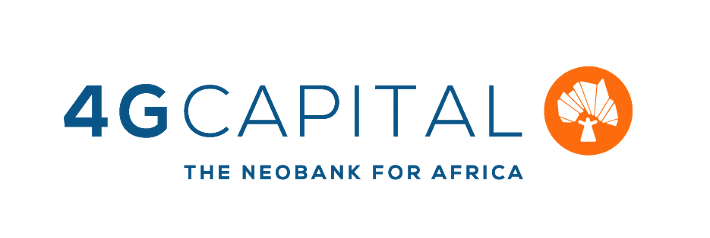
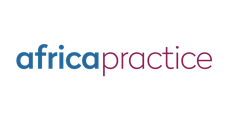

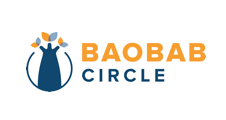
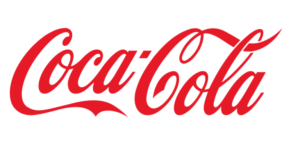
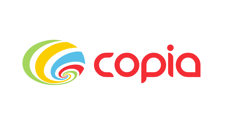
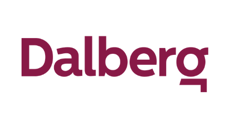


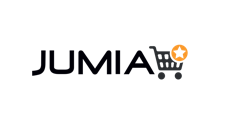



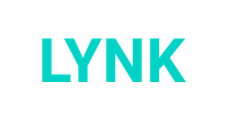
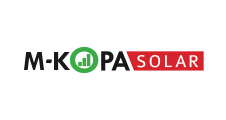

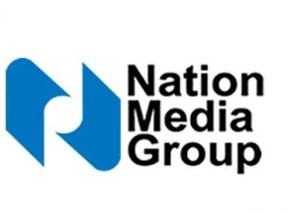
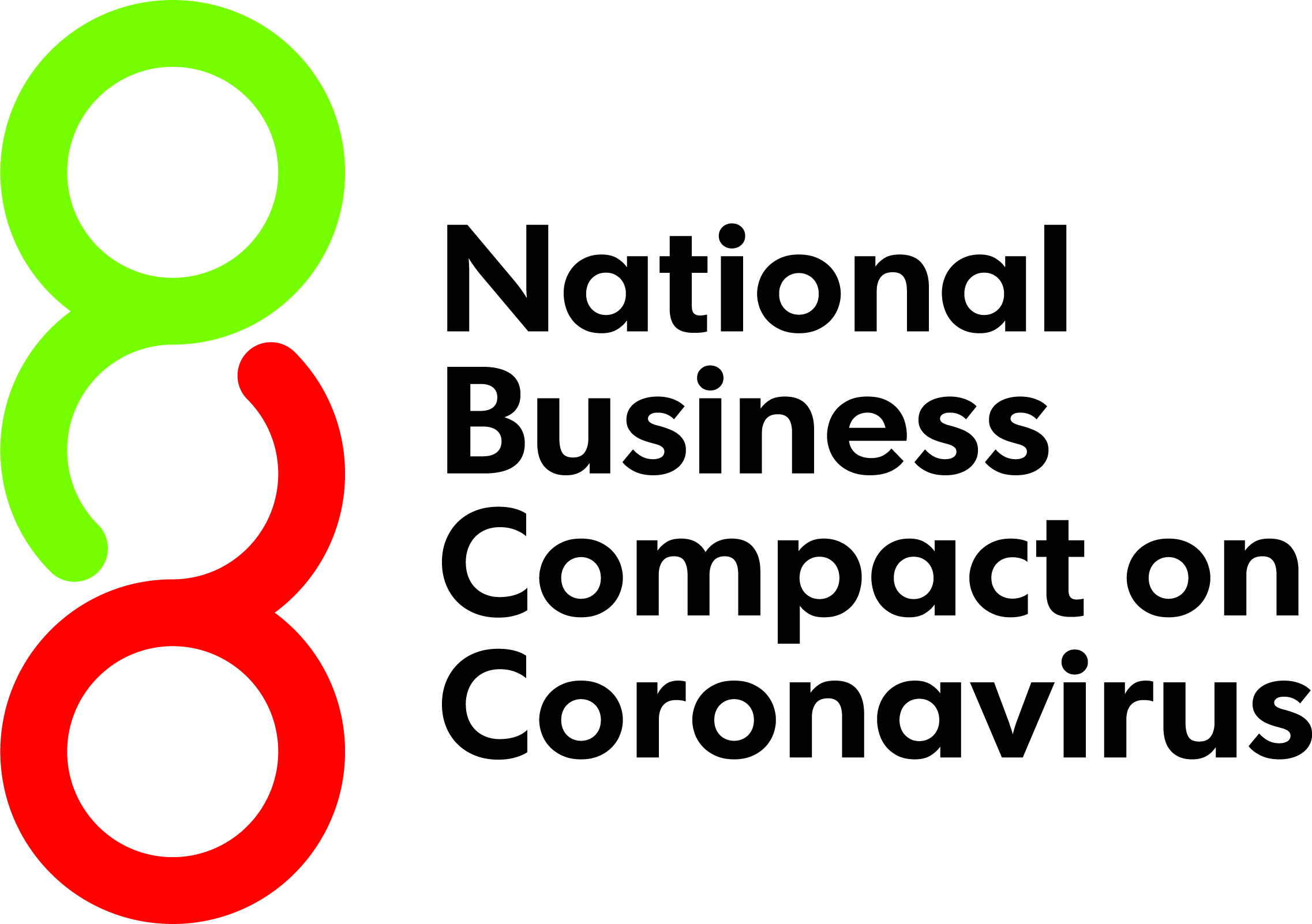
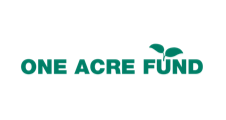
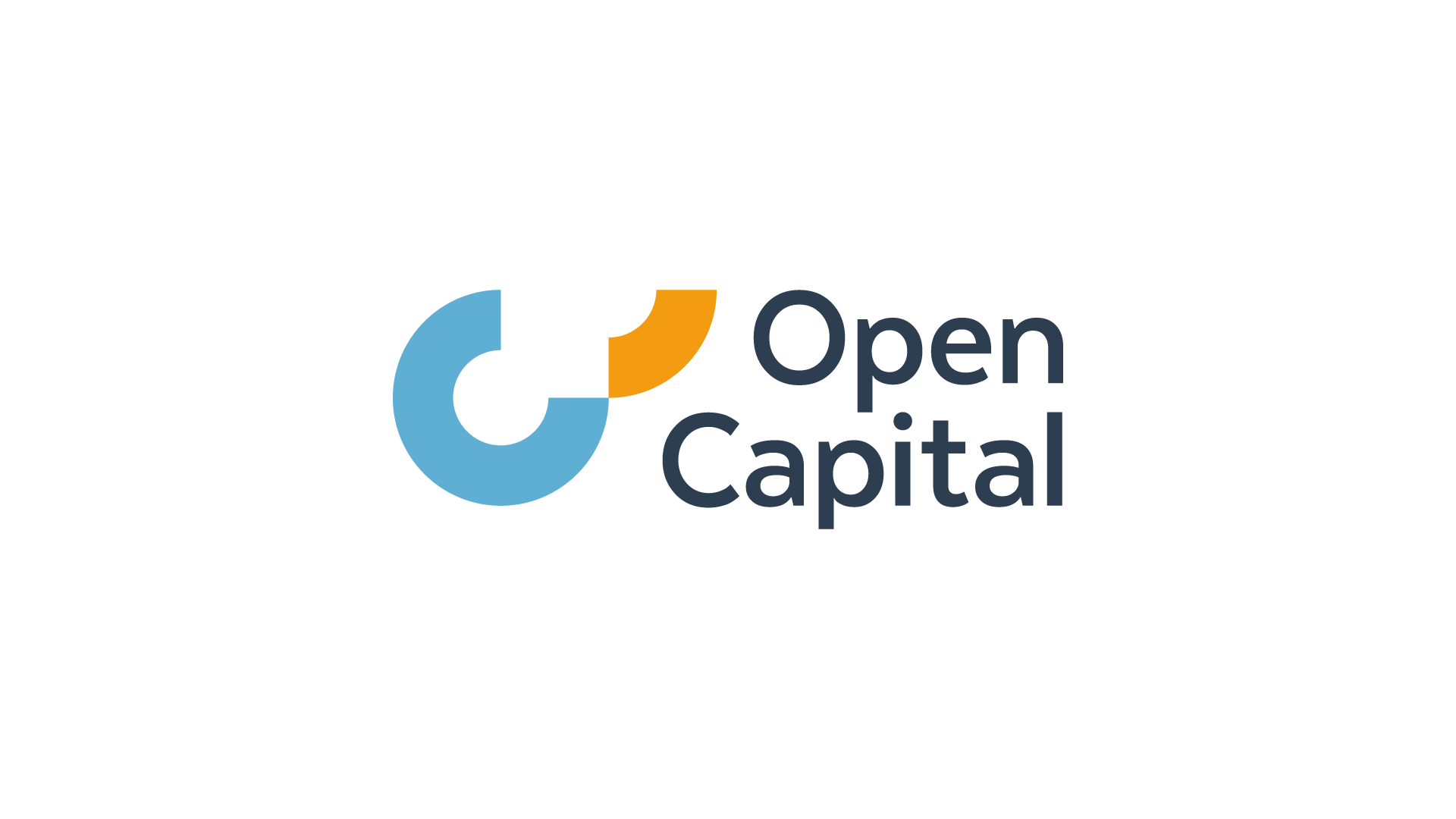
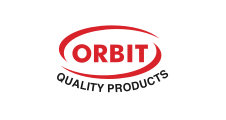
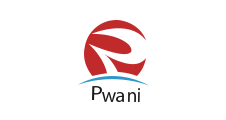
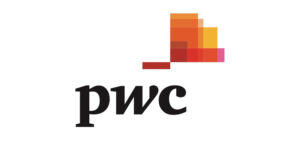
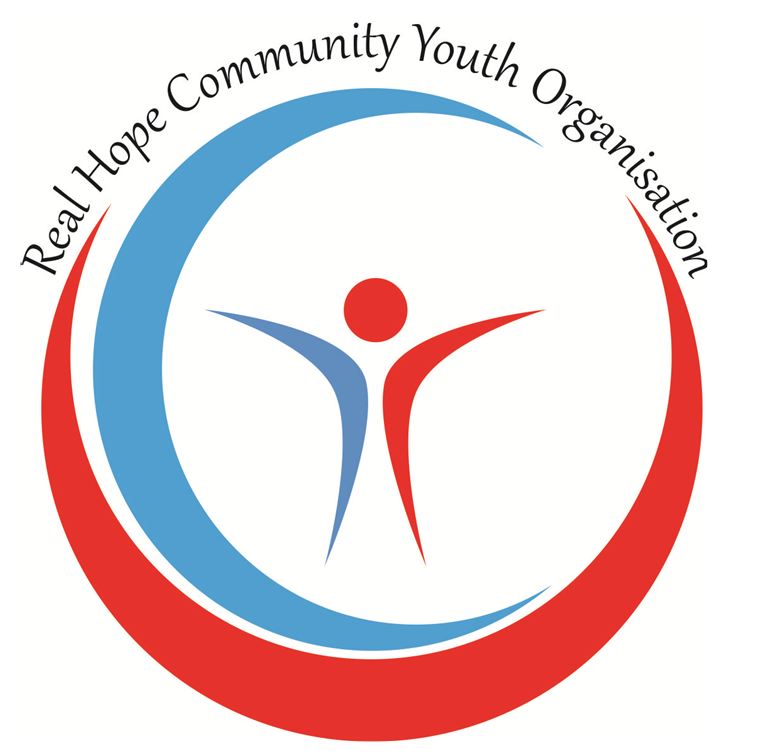
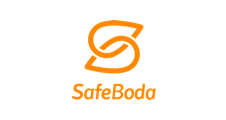
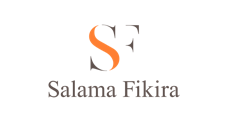
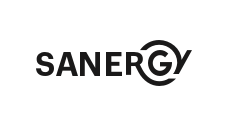
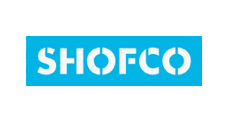
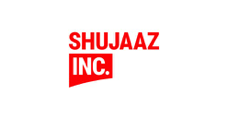
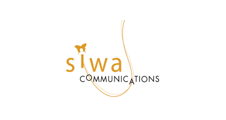
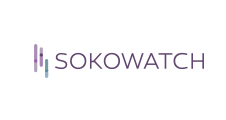
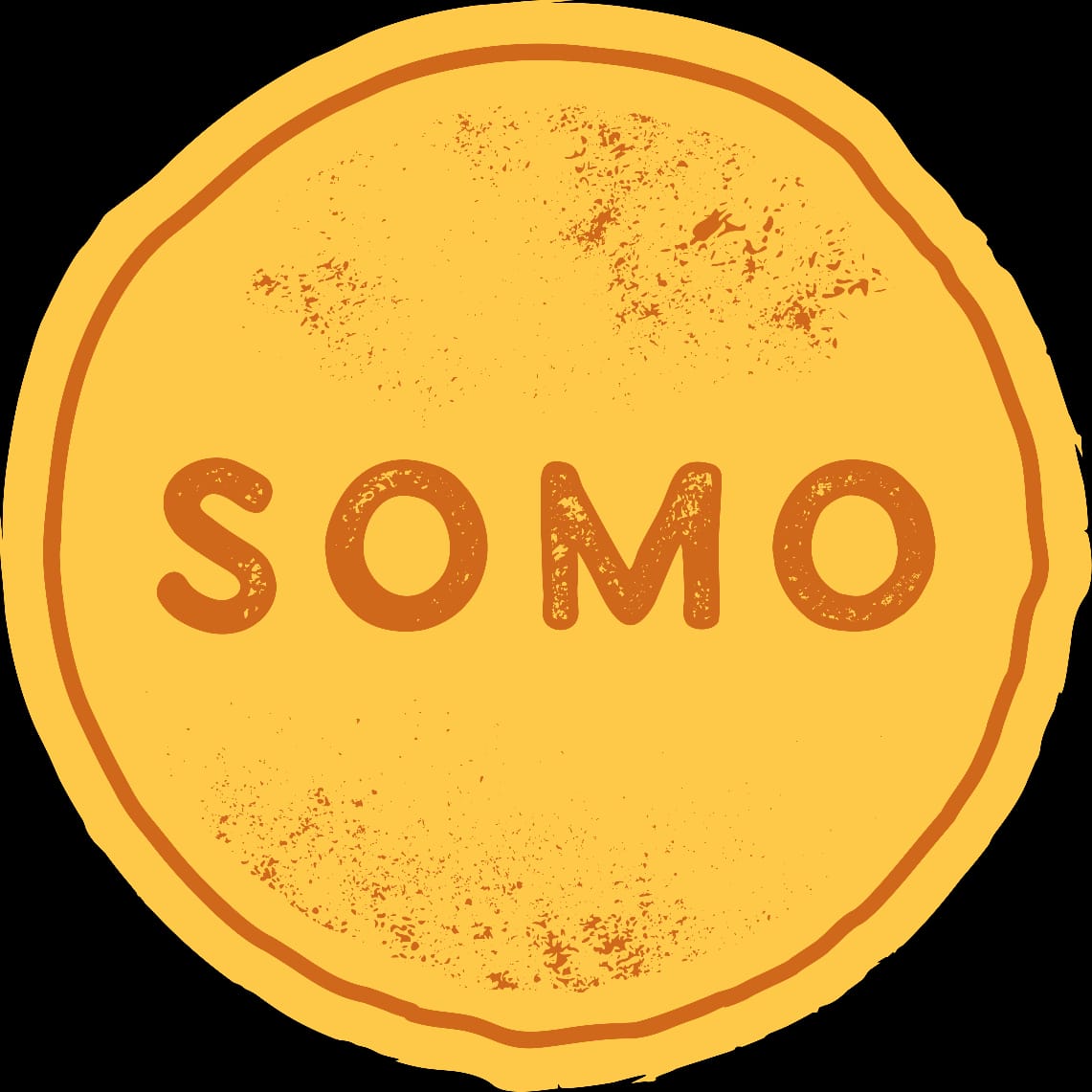
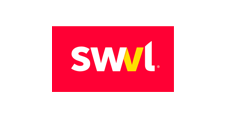
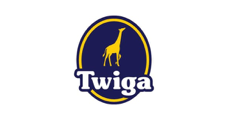
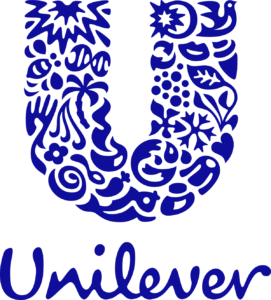
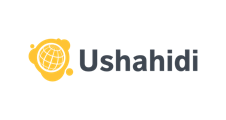


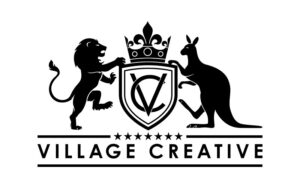
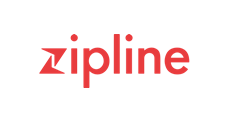
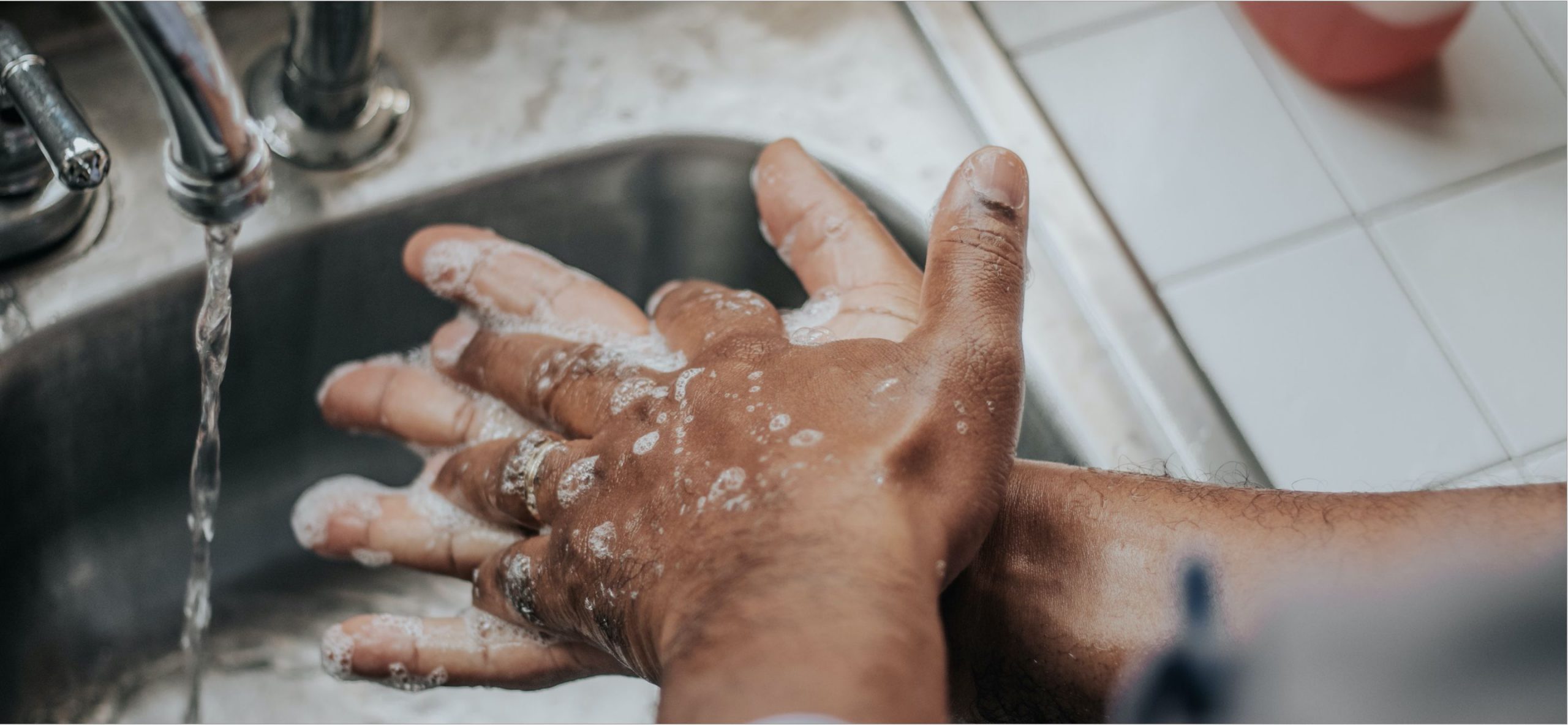
Frequently Asked
Questions
How did the alliance come together so quickly?
Leaders within the Kenyan technology ecosystem saw the difficulties in applying the wealthy-nation prescriptions for COVID-19 to African nations, and in mid-March joined together to co-found a unique and localised approach that can limit the spread whilst enabling livelihoods to continue.
How does this initiative complement broader initiatives by the Government of Kenya to tackle COVID-19?
The Government of Kenya is moving decisively and sensibly to contain the spread of COVID-19, and Safe Hands Kenya is engaging closely with the national emergency response.
How did you adapt existing technology to build the new supply chain?
The alliance has built a country-wide demand model at a very granular level to understand the geospatial need, and overlaid this with the geo-tagged retail points of presence served by a range of technology-based distributors of basic goods across Kenya. This dynamic demand/supply model enables the distribution to be efficiently and fairly allocated, with a starting focus on vulnerable communities who have difficulty affording sanitation products, and scaling up to all Kenyans.
What will be the impact of Safe Hands Kenya?
We believe there is a real chance to limit the spread of COVID-19 through an approach that takes into account the realities of Kenya, including the need for the informal economy to keep operating to ensure that Kenyan families have the incomes needed for their basic needs. Medium-term, we believe that a rapid mass sanitation will have a material positive knock-on effect on public health - for example, 350 Kenyan children under 5 years old die each week from diarrhoea associated with poor sanitation. There is no downside in soap.
Is this only available in Kenya? Are there plans to expand this alliance to countries outside of Kenya?
We have commenced collaborating with companies outside Kenya who see Safe Hands Kenya as a blueprint for effective localised COVID-19 response, and we will actively share relevant plans and processes with companies who seek to step up and serve their own countries.


Media Resources
Latest News

